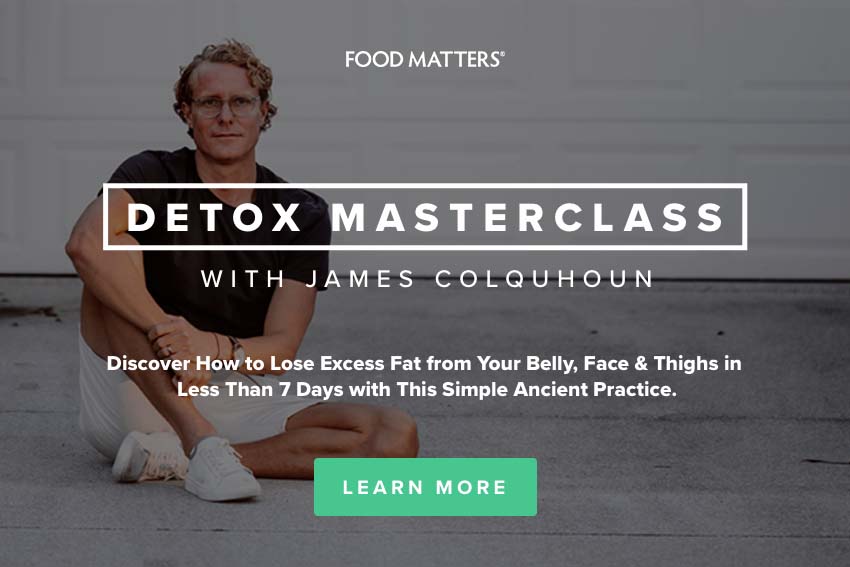Brittle Nails, Hair Loss & Dull Skin? You Might Be Low in Zinc
It is thought that 17.3% of the population is at risk of zinc deficiency due to dietary inadequacy, meaning that the foods we eat are giving our body what it needs to function at its absolute best. Brittle nails, hair loss, and dull skin are just some of the telltale signs that your body could be low in this essential mineral - because zinc is essential for protein synthesis and cell growth. This means our bodies need it to keep making more of the parts of us that grow.
Sure, low zinc might be common, but there are also simple ways you can bring those levels back up - including delicious, nourishing foods.
Why does the body need zinc?
Zinc is an essential mineral that is necessary for proper immune function, normal thymus gland function, and protection of the thymus from cellular damage. Zinc is also required for protein synthesis, cell growth, and wound healing, as well as normal skin function, and the maintenance of vision, taste, and smell alongside being critical to healthy male sex hormone and prostate function. It’s a lengthy list, and you almost need to take a breath after trying to say it out loud, but it goes to show just how important zinc is in the human body - and why it’s crucial that we meet our daily requirements of this essential nutrient.
What are the common symptoms of low zinc?
While deficiencies can occur simply by not eating enough sources of zinc, there are a few factors that can make you more susceptible. A zinc deficiency is seen most commonly in people who do not absorb zinc well due to digestive disorders, people who have undergone gastric surgery, or have kidney or liver disease.
The common health complaints include:
- Brittle nails
- Hair loss
- Dull skin
- Diarrhea
- Poor appetite
- Depressed mood
- Decreased immunity
- Loss of taste or smell
- Delayed wound healing
What are the long-term effects of low zinc?
While these initial symptoms are uncomfortable and can potentially compromise your health in the long-run, the long-term impacts of low zinc can potentially be more severe. Decreased immunity is a worrying symptom, especially in our current climate, as immunity is essential to protect our health from unwanted pathogens and disease.
What foods are good sources of zinc?
Most zinc deficiencies can be easily corrected by a change in diet, especially by consuming rich plant-based and animal sources of zinc.
- Plant-Based Sources: Pumpkin seeds, pecans, split peas, Brazil nuts, and peanuts.
- Animal Sources: Oysters.
You can help enhance zinc absorption by:
- Eating zinc alongside a good source of protein, such as grass-fed meats or legumes.
- Phytates, a natural component of plants, are thought to inhibit the absorption of zinc. You
- can reduce phytates in legumes by soaking or sprouting them before eating.
- Because of zinc’s calming properties, it’s best to work into your foods at night.
Discover how to lose excess fat from your belly, face & thighs in less than 7 days with this simple ancient practice. Watch the Detox Masterclass here. Playing for a limited time!








